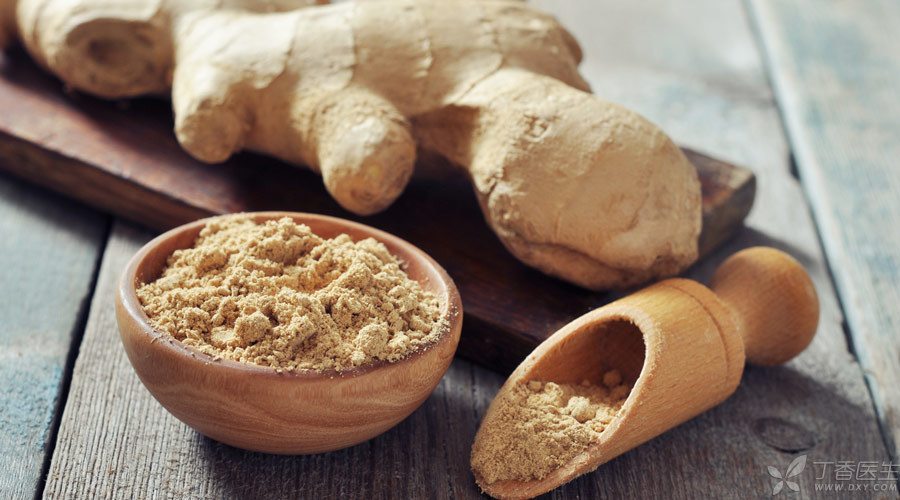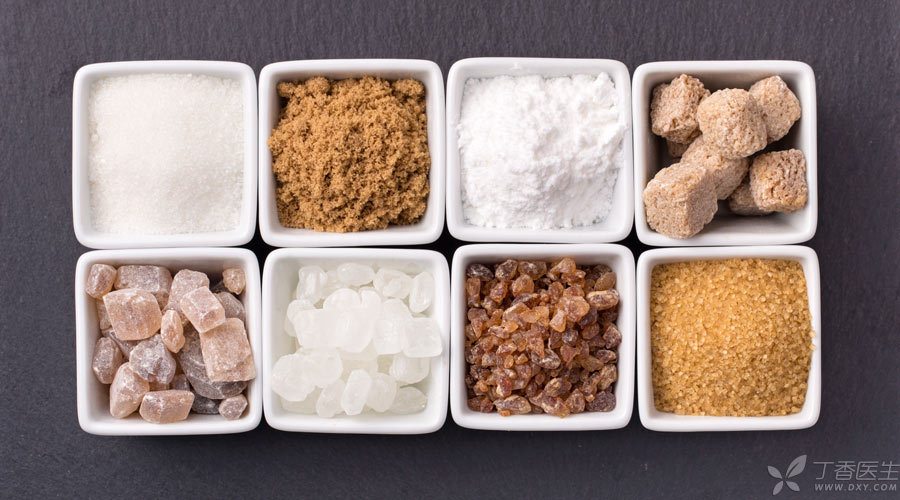When eating, parents often nag some old words about diet. For example, the original soup turns into the original food, one apple a day, radish and green vegetables protect health…….
These elders told us that we may also tell the next generation the common saying of diet. Is it really reasonable?
Feeling reasonable but actually unreliable
01. Eat radish in winter and ginger in summer without a doctor’s prescription.
In fact, the main reason for [eating radish in winter] is that in the previous winter, there were not many other vegetables to eat except radish.
Moreover, radish is the best to eat in winter, and it will be chaff in summer!
As for [eating ginger in summer]… ginger does contain some special enzymes and volatile oils, but their health care effect is not clear and has nothing to do with the season.
If you like ginger and radish and feel comfortable eating them, you can eat them in winter and summer. However, don’t expect to prevent and cure diseases by eating them.

02. Eat three dates a day and never grow old.
As a popular traditional ingredient, red dates are expected to have many legendary effects.
But in fact, it is just a delicious dried fruit.
Red dates have a general effect of supplementing iron and blood, and vitamin C has been destroyed by more than half in the process of drying. It is really not amazing.
However, red dates are a delicious and healthy snack choice. Eat a few dates a day or soak them in water. No problem.
03. An apple a day keeps the doctor away from me.
This sentence was actually circulated from abroad. It may be an advertisement made up to sell apples.
No disease can be prevented or treated simply by [eating what].
Although apples are affordable and sweet and sour, their nutrition is not excellent.
Eat as you like, but don’t miss other fruits!
04. It is better to bear hardships in summer than to supplement them.
Bitter food does have some special ingredients, but all the [extracts] used in the study are [extracts], with high concentration and large dose, which is different from eating balsam pear and drinking Kudingcha directly.
Moreover, these bitter substances may also have certain toxicity. Improper consumption may lead to diarrhea and even poisoning risks.
Eat as you like, but don’t make up or detoxify.
05. Women should not be sugar-free for a hundred days.
Brown sugar has a low degree of refinement and indeed has a little more minerals than white sugar.
However, the iron content per 100g brown sugar is only 2.2 mg, and the absorption rate is very poor, which is not the best choice for supplementing iron and blood.
In today’s energy surplus, both men and women, brown sugar and white sugar… should eat less!

There is some truth, but I can’t believe it completely.
06. Green Vegetables and Radish Keep Healthy
Everyone should know the health benefits of vegetables, so this sentence does have some truth.
The < < Dietary Guidelines for Chinese Residents > > recommends that each person should eat 300-500 grams of vegetables every day.
However, although you should eat more vegetables, other foods should also be balanced. If you only eat vegetables and radishes every day, it is not enough either.
07. The original soup turns into the original food.
The so-called [original soup] refers to the soup cooked with starchy foods such as dumplings and noodles. It contains some starch and water-soluble vitamins.
Drinking some of this [original soup] in an appropriate amount can supplement a little of the nutrients dissolved in the water.
However, if the original soup has oil flowers and salt, then don’t drink it.
As for [transforming the original food], it mainly depends on one’s own intestines and stomach. It is really useless to drink these soups.
08. Drink soup before meals, slim and healthy
Drinking soup 20-30 minutes before a meal can really slightly reduce the appetite during the following meal and help to lose weight.
However, it is limited to low-calorie soups, such as tea, clear soup and gruel soup.
As for soup such as pig’s hoof soup and cream soup, the thick white actually comes from fat. If it is such a soup, it will only get fatter and fatter.

Really should be obedient
09. Five cereals are for nourishment.
As the old saying goes, the so-called [grain] is all coarse grains (or whole grains). Taking them as staple food is indeed good for health.
According to the Dietary Guidelines for Chinese Residents, 250-400g (raw weight) of cereals and potatoes should be eaten every day, including 50-150g of whole grains and miscellaneous beans and 50-100g of potatoes.
If your [grain] is white rice, white rice porridge, white steamed bread, white noodles, white bread… then it really needs to be changed.
10. Eat well in the morning, eat well in the afternoon and eat little in the evening.
The best calorie distribution for three meals a day is 3: 4: 3, but many people’s ratio in real life is 2: 4: 4, even 2: 3: 5…
Not eating breakfast and lunch well may affect the work efficiency of the day. Eating too much dinner is not only easy to indigestion, but also affects sleep quality.
If you don’t know how to achieve 3: 4: 3 calories, it is good to remember to have seven full meals.
The last sentence is not a common saying, it is better than a common saying.
Eat while it is hot!
These should be the three words that elders like to say best, but…
[Eat while it is hot] generally means eating faster and easier to eat more.
In addition, hot food will cause burns to the oral cavity and esophageal mucosa, which will cause ulcer problems over time and even increase the risk of cancer in the oral cavity and esophagus.
Therefore, it should be [eat slowly] more appropriate.
Have you heard a few of these words?
